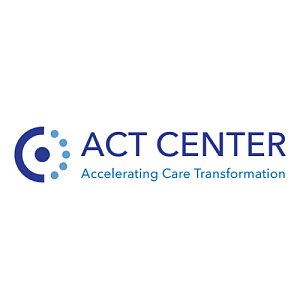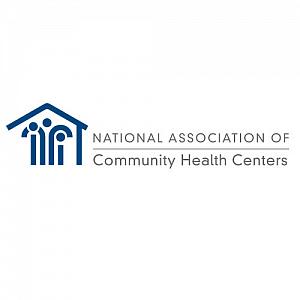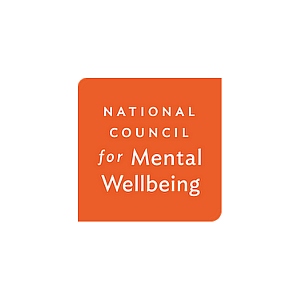

About
The Delta Center recognizes the important role state and national associations play in supporting community health centers, which serve over 28 million people, and community behavioral health providers, which serve over 10 million people nationwide. The ultimate aim of the Delta Center is to cultivate health policy and a care system that are both more equitable and better meet the needs of individuals and families.
Delta Center goals are to:
- Foster collaboration and collective action between primary care and behavioral health at the national, state, and local levels.
- Build the knowledge & ability of state associations to ensure that changes in incentives and care systems meet the goals and needs of individuals and families.
- Elevate insights for the field and for state and national decision makers to influence systems change.
The Delta Center for a Thriving Safety Net (Delta Center) was launched in January 2018 with support from the Robert Wood Johnson Foundation (RWJF) and is led by JSI Research & Training Institute, Inc. (JSI). The Delta Center brings together strategic partners including the The Center for Accelerating Care Transformation (ACT Center) at Kaiser Permanente Washington Health Research Institute, the National Association for Community Health Centers (NACHC), and the National Council for Mental Wellbeing (National Council). We are grateful for the contributions from previous partners, the Center for Care Innovations (CCI) and Families USA.
About Delta Center Partners

JSI Research & Training Institute, Inc.
JSI Research & Training Institute, Inc. (JSI) is a health care consulting and research organization dedicated to improving the health of individuals and communities in the US and around the globe. JSI partners with clients to develop flexible, innovative approaches that solve complex public health problems. For over 35 years, JSI has worked at local, county, state, and national levels on advancing safety-net sustainability and supporting more efficient, effective, and equitable health systems.

The Center for Accelerating Care Transformation
The Center for Accelerating Care Transformation (ACT Center) brings together the MacColl Center for Health Care Innovation and the Learning Health System Program, both housed at the Kaiser Permanente Washington Health Research Institute. The ACT Center’s goal is to improve health for people and communities everywhere by streamlining the path from research to practice. The center partners with patients, care teams, health systems, and communities to transform care in ways that are practical, equitable, and evidence-based. The new center will leverage the MacColl Center’s nearly 30-year legacy of pioneering work in health care transformation and the Learning Health System’s novel approach to working alongside health systems to improve care and patient health.

National Association of Community Health Centers
Founded in 1971, the National Association of Community Health Centers (NACHC) serves as the national health care advocacy organization for America’s medically underserved and uninsured and the community health centers that serve as their health care home. NACHC works in conjunction with state and regional primary care associations, health center controlled networks and other public and private sector organizations to expand health care access to all in need.

The National Council for Mental Wellbeing
Founded in 1969, the National Council for Mental Wellbeing is a membership organization that drives policy and social change on behalf of nearly 3,500 mental health and substance use treatment organizations and the more than 10 million children, adults and families they serve. National Council advocates for policies to ensure equitable access to high-quality services; builds the capacity of mental health and substance use treatment organizations; and promotes greater understanding of mental wellbeing as a core component of comprehensive health and health care. Through the Mental Health First Aid (MHFA) program, National Council has trained more than 2.5 million people in the U.S. to identify, understand and respond to signs and symptoms of mental health and substance use challenges.